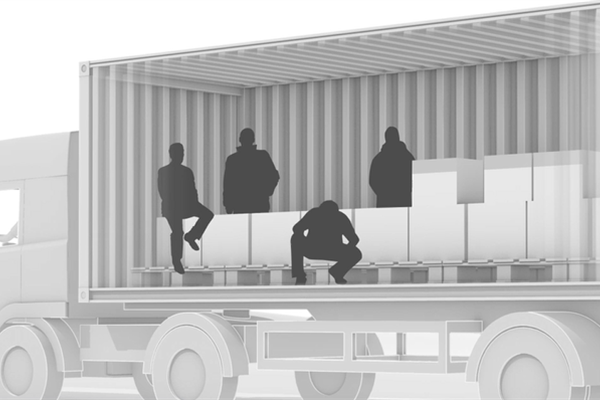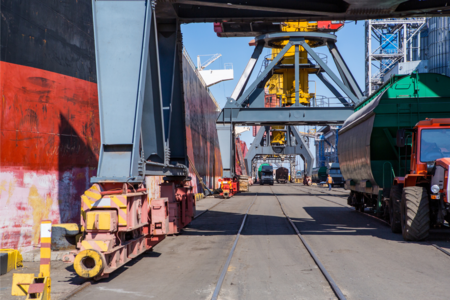What is modern slavery?
Modern slavery, also known as contemporary slavery, refers to various forms of exploitation and coerced labour, despite being legally abolished in most countries. This violation of human rights involves the control and ownership of individuals through various means, often depriving them of their freedom, dignity, and basic rights.
It's a complex and multifaceted issue that takes on different forms and exists in various industries and regions around the world.
Contact us
Different forms of modern slavery

Forced Labour
Individuals are compelled to work against their will, often through threats, violence, or other forms of coercion. This can occur in industries such as agriculture, manufacturing, construction, and domestic work.

Human trafficking
People are transported across borders or within a country's borders through force, fraud, or deception. They are then exploited for various purposes, including forced labour, sexual exploitation, and even organ harvesting.

Debt Bondage
People are trapped in a cycle of debt they cannot escape, typically through high-interest loans and exploitative repayment terms. Their labour is then used to pay off the debt, which can become intergenerational.

Child labour
Children are engaged in work that is harmful to their physical or mental development. They are often subjected to hazardous conditions and deprived of education and a normal childhood.
Factors that contribute to modern slavery
Poverty & Vulnerability
People living in poverty are more susceptible to exploitation due to their lack of options and desperation for work.
Globalisation and Demand
The interconnectedness of the global economy can create demand for cheap labour and products, which can lead to exploitative practices.
Lack of legal enforcement
Weak or corrupt legal systems in some regions make it easier for traffickers and exploiters to operate without consequences.
Discrimination and marginalisation
Certain marginalised groups, such as migrants, refugees, and ethnic minorities, are more likely to be targeted for exploitation due to their vulnerable status.
Strategies for combatting modern slavery
- Legislation and policies: Many countries have enacted laws to criminalize modern slavery and human trafficking.
- International cooperation: Organizations like the United Nations and Interpol work to address the issue across borders.
- Corporate responsibility: Businesses are encouraged to ensure their supply chains are free from forced labor and exploitation.
- NGO and Civil Society involvement: Non-governmental organizations play a crucial role in raising awareness, providing support to survivors, and advocating for change.
- Victim support and rehabilitation: Programs are designed to help survivors of modern slavery reintegrate into society and rebuild their lives.
Modern slavery - a persistent and pernicious issue
Despite efforts, modern slavery remains a significant challenge globally. Addressing this issue requires a multi-pronged approach involving governments, businesses, civil society, and individuals working together to prevent exploitation, protect victims, and hold perpetrators accountable.
Further guidance from BSI
TT Club works with BSI Group to provide its Members with information and guidance that might be helpful. Please see below further guidance on ensuring that you are fulfilling your requirements with regards to modern slavery.
Read TT Club's modern slavery statement
TT Club has a zero-tolerance approach to modern slavery and human trafficking and is committed to ensuring its practices combat slavery and human trafficking within both its business and supply chains.





